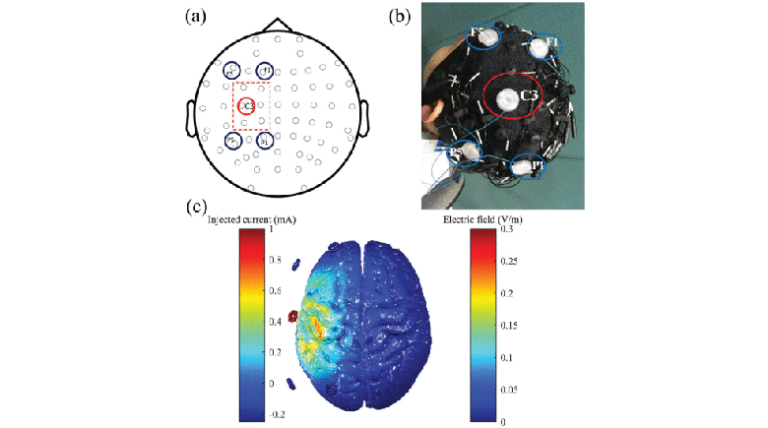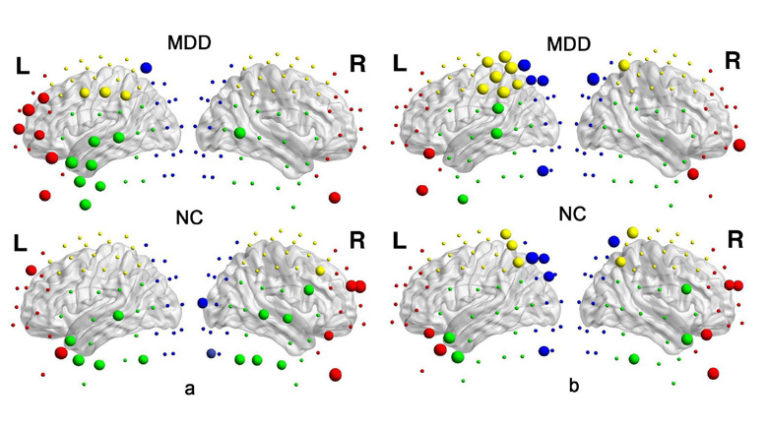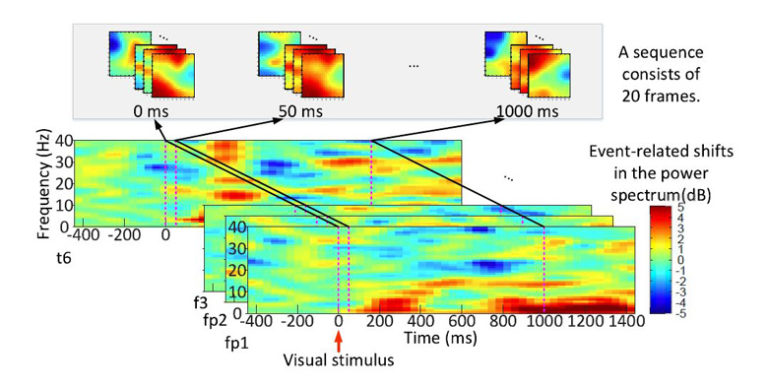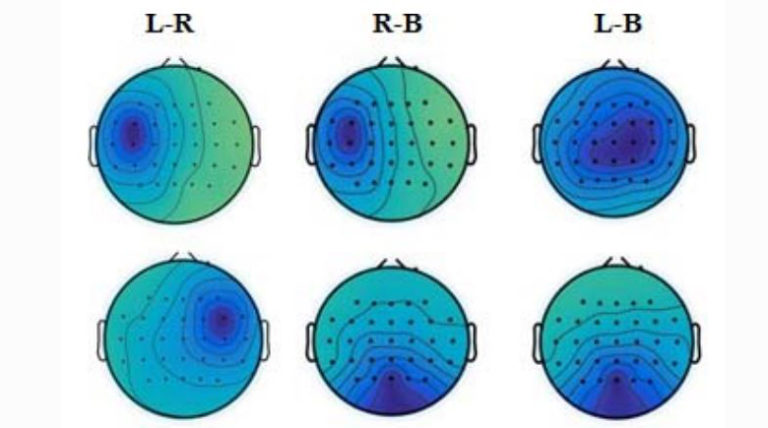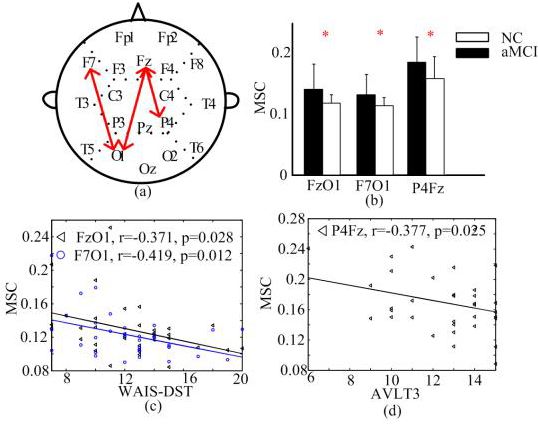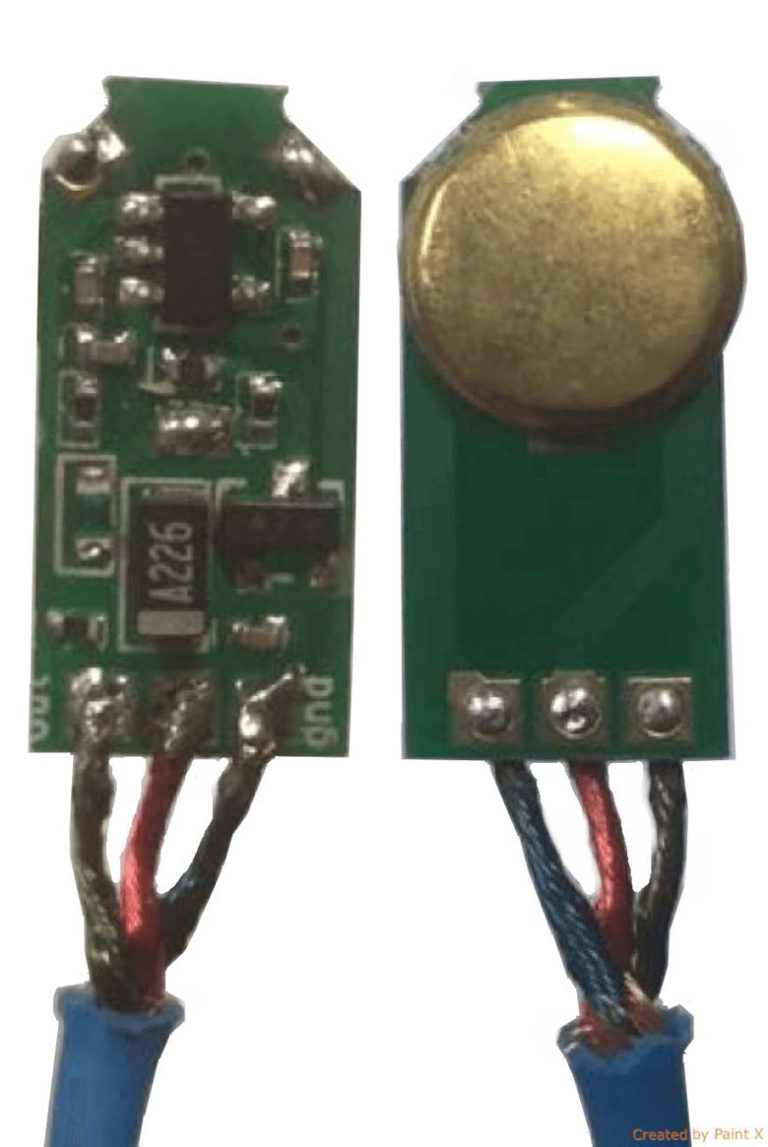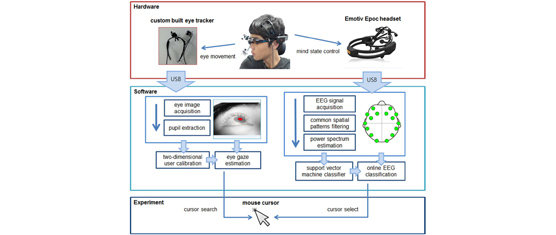High-definition transcranial direct current stimulation (HD-tDCS) is a potential neuromodulation apparatus for stroke rehabilitation. However, its modulatory effects in stroke subjects is still not well understood. In this paper,…
read moreExisting studies have shown functional brain networks in patients with major depressive disorder (MDD) have abnormal network topology structure. But the methods to construct brain network still exist some…
read moreMental workload assessment is essential for maintaining human health and preventing accidents. Most research on this issue is limited to a single task. However, cross-task assessment is indispensable for…
read moreBimanual movements are an integral part of everyday activities and are often included in rehabilitation therapies. Yet electroencephalography (EEG) based assistive and rehabilitative brain computer interface (BCI) systems typically…
read moreBrain-Computer Interface (BCI) methods are commonly studied using Electroencephalogram (EEG) data recorded from human experiments. For understanding and developing BCI signal processing techniques real data is costly to obtain and…
read moreType 2 diabetes mellitus (T2DM) increases the risk of amnestic mild cognitive impairment (aMCI) and Alzheimer’s disease(AD). aMCI is the transitory stage from normal cognition to AD, which seriously…
read moreThis paper proposes a practical approach to addressing limitations posed by using of single-channel electroencephalography (EEG) for sleep stage classification. EEG-based characterizations of sleep stage progression contribute the diagnosis…
read moreAbstract This paper describes a low-cost noninvasive brain-computer interface (BCI) hybridized with eye tracking. It also discusses its feasibility through a Fitts’ law-based quantitative evaluation method. Noninvasive BCI has recently…
read more
